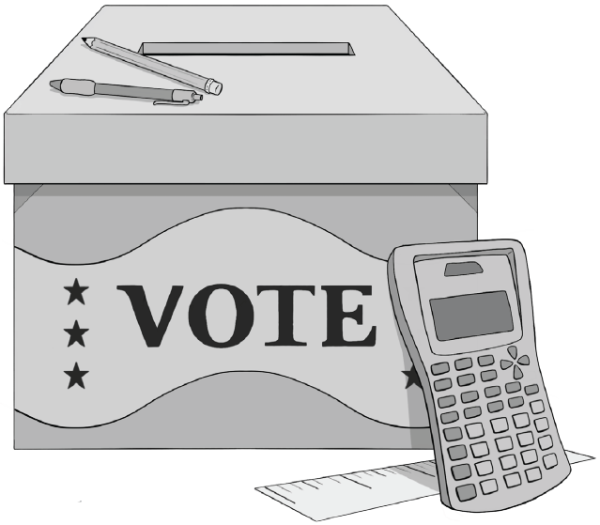Your Words, Not Mine: Fake News Epidemic
February 17, 2017
Though the news may be fake, the spread of this journalistic misinformation is all too real. The fake news epidemic has engulfed our country, with an estimated 500 million Americans having been exposed to some form of false information or uncited statistic. With such a widespread presence in our daily lives, one may ask, where exactly is this fake news? How may one come in contact with such wicked tomfoolery, which abuses the curiosity of the innocent to lead them into reading total bogus?
In many cases, fake news pieces share traits that distinguish them from reliable, trustworthy information. For instance, regardless of the provider, every single news source contains millions of hyperbolic claims, exceeding anything imaginable or conceivable by the human mind. This sensationalization is tearing apart the very fabrics of this nation, and it will certainly be the end of everything you hold dear. Of course, facts like this have ample evidence embedded in them and need not be investigated further.
On an even graver note, news providers have seemingly blurred the line between factual reports and opinion sections, some even going so far as to pass off blatantly satirical pieces as valuable “Commentary” or of other credible subcategories. Equally concerning is the rising prevalence of alternative facts, which are also of declining prevalence as well. Not to be confused with alternate facts, information that may replace varsity facts if they are sick or injured, alternative facts are facts that specifically pertain to alternative rock bands, such as Nirvana or Radiohead.
Some may see the concern of fake news as false of the news itself, while to others, it is a complete crisis. In a certain sense, this fake news outbreak might be a positive thing. After all, it is one of the duties of the press to keep the government in check, but whomst checks the press? Perhaps fake news will challenge people to reassess and reconsider where they get their information — to no longer cling to one source as “pure” or “unbiased” but to expose themselves to a variety of perspective in search of the truth.
































